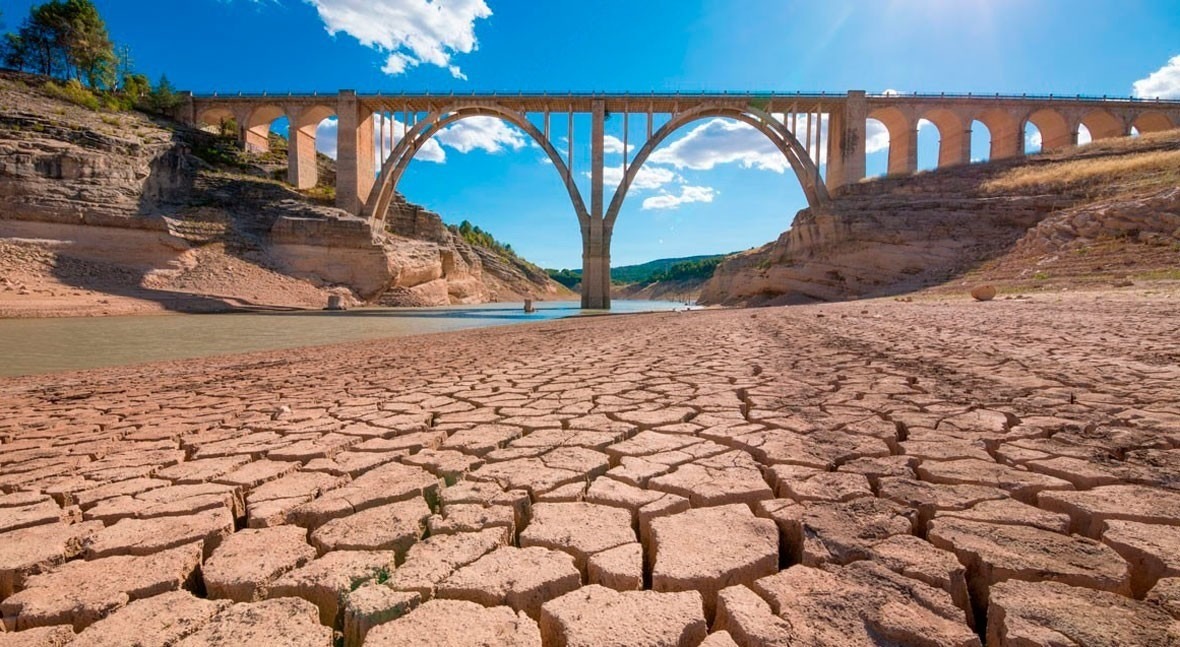Over the past few months, Spain’s region near the Mediterranean (including Catalunya and, more specifically, Barcelona) has endured the worst drought to date on record. Only 15% of reservoir capacity has been filled up which has impacted heavily on the water used by the region’s industry and agriculture. On the 2nd of February the city entered its emergency protocol stage of the drought which kicked in a protocol that ensured water consumption is up to only 200 liters. However, due to the heavy rains these past few weeks, emergency actions are no longer needed and it’s looking like the city has gotten the hydration it’s desperately needed.
That being said, David Mascort, Catalunya’s head environmental authority figure, declared that the plans previously discussed to install a floating desalination plant right off the coast of Catalunya’s capital city, Barcelona, were still intact to proceed in October. The rains have also managed to bring Catalunya out of its emergency protocol stage and have increased the water reservoirs. Water consumption has also seen an increase now that the rains have tamed the drought and individual use of water has increased now from the previous limit of 200 to 230 liters per day. The Catalunya official residency agency has gone on record saying that the average Catalonian resident uses around 116 liters of water per day in their homes. However, Mascort has also gone on record saying that the environmental agency is more prepared this year for a drought that then they were last year, stating: “If in May 2023 some 65% of our water came from our reservoirs, now it’s only 50%.” This shows the strides the department has taken in order to fend off the drought crisis.
The crisis brings forth some attention to the broader issue of global warming and its effect of extreme weather that’s slowly but surely taking a toll on global society; the drought in Spain isn’t a surprise event. Last year, the droughts in Spain ranked amongst the 10 most expensive climate disasters in the world, according to Christian Aid. This is just a little bit of evidence that feeds into the larger issue: the fact that global warming is destroying our world, and Europe is up first. The power to advocate for awareness on global warming is in the hands of the people, but the actual power to put resources and aid the world in becoming eco-friendly is in the hands of the leaders of our society. The time to take action is now, or else inevitably we will run out of luck.

